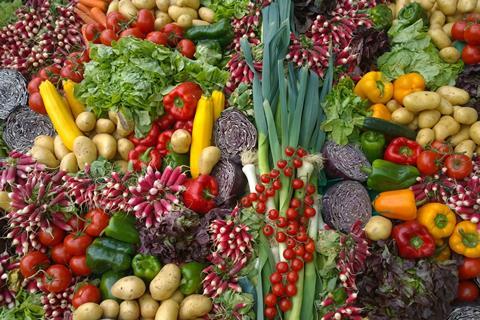
The number of shoppers purchasing wonky veg lines has risen by 19.3% on last year as consumers look for better value amid the cost of living crisis.
In October 2021, 14% of shoppers bought imperfect produce. One year on, the number had increased to 16.7%, according to Kantar.
This represented an increase of 672,000 shoppers, with 4.8 million now purchasing these lines across the month.
As a result, year-on-year sales of ranges like Tesco’s Perfectly Imperfect and Morrisons’ Naturally Wonky were up 38% this month, which Kantar attributed to shoppers trying to manage price rises.
“People are pretty savvy at seeking out best value and retailers are expanding their ranges to help them do this,” said Fraser McKevitt, head of retail and consumer insight at Kantar. “We’ve seen grocers making a virtue of visually imperfect fruit & vegetables in recent years, allowing them to carry on offering the fresh products consumers want but at a cheaper price.”
Wonky veg ranges have been heralded as important by the Food Foundation as the lines “make sure people can still access a healthy diet”.
“[They] are a great way for growers and retailers to reduce food waste and for households to access affordable and tasty veg – even if they don’t look perfect,” said Rebecca Tobi, project manager at the Food Foundation.
“We know household incomes are being hit hard by soaring food prices and the cost of living crisis at the moment, with 49% of families on lower incomes buying less fresh veg as a result.”
However, wonky veg lines have also faced criticism, particularly from growers who express concern that the lines mean farmers get paid less than the cost of production for veg that’s every bit as good.
Ali Capper, chair of British Apples & Pears, told The Grocer last month that wonky veg was “not what growers need”, and has instead called for “main pack specifications to be extended to enable the drought-affected crop to be sold at a proper price, not below the cost of production”.
This was echoed by Dan Crossley, executive director of the Food Ethics Council, who wrote in this week’s Grocer that “we should stop using the term ‘wonky vegetables’”.
In response to this data, he said: “It’s brilliant that more people are buying vegetables that aren’t cosmetically perfect. Wouldn’t it be even better though if we just had veg, rather than separating out wonky veg and regular veg? It shouldn’t matter what shape our food is. What’s more important is how it’s produced, how it tastes and how good it is for us.”







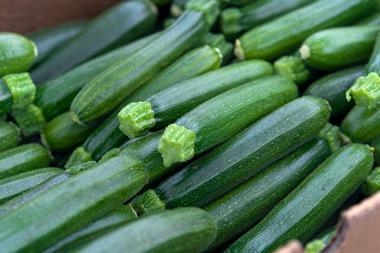
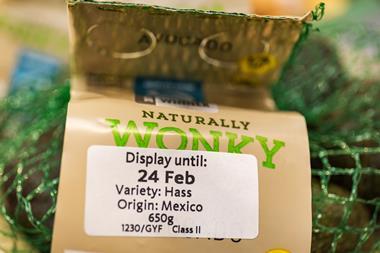
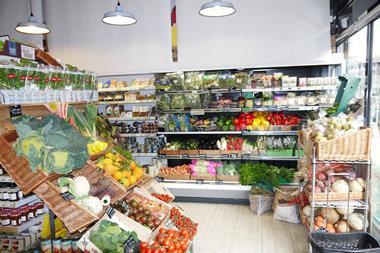
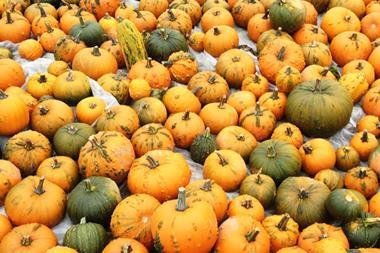
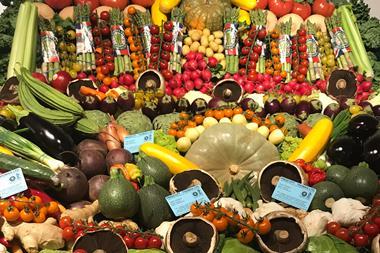
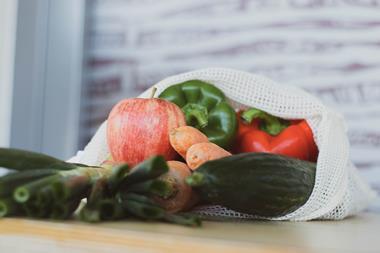






No comments yet